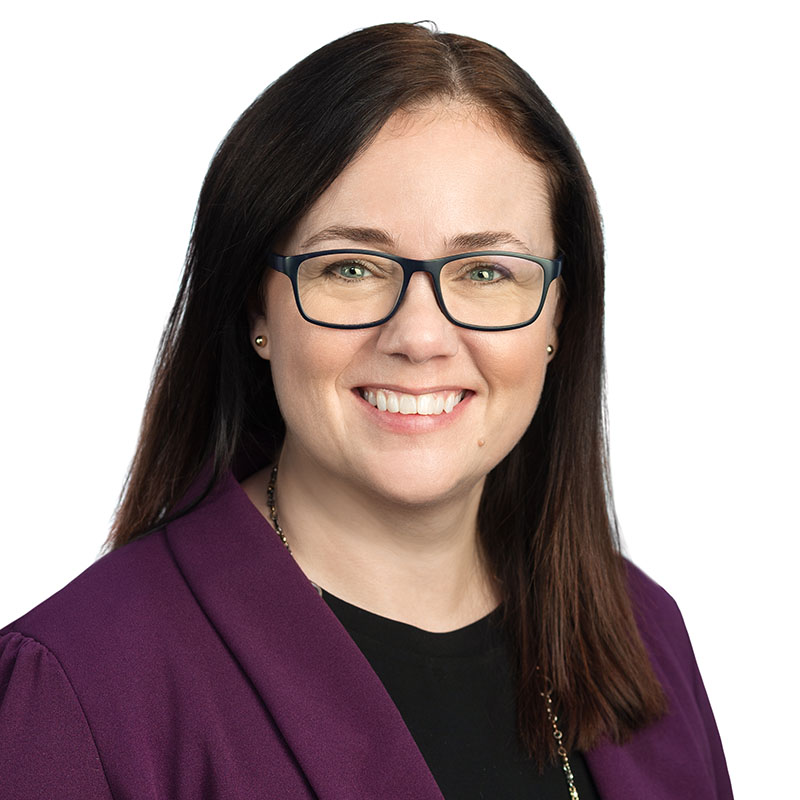 I’m one of the 1.2 million Canadians with a mortgage coming up for renewal in 2025—and in my case, I have two: one for my primary residence and another for a vacation property.
I’m one of the 1.2 million Canadians with a mortgage coming up for renewal in 2025—and in my case, I have two: one for my primary residence and another for a vacation property.
Previously, I was locked into 5-year fixed-rate mortgages at 2.49% and 2.44%, secured when rates were near historic lows. It was my first time choosing fixed-rate mortgages, and at the time, I felt those low rates were worth locking in.
Now, I’ll be renewing into higher rates compared to my previous terms—potentially close to double my prior rate. This time, however, I’m returning to a variable rate mortgage. While this isn’t the most popular choice right now—variable-rate mortgages account for only 10% of newly originated loans in 2024, according to Canadian Mortgage Trends—it’s the best decision for me.
Here’s Why I’m Renewing into a Variable Rate Mortgage:
- I expect the overnight interest rate in Canada to decrease.
Variable mortgage rates are tied to the lender’s prime rate, which is influenced by the Bank of Canada’s overnight rate. In 2024, the overnight rate dropped by 1.75% from its most recent highs, and the Bank of Canada reduced rates again in January 2025.
Given the current economic outlook, I expect this trend to continue. If I’m right, my variable mortgage rate will decrease over time, saving me money compared to locking in at today’s fixed rates.
- I can handle higher rates if I’m wrong.
My amortization is low, which gives me confidence in choosing a variable rate. For those unfamiliar, amortization is the total length of time it takes to pay off your mortgage. The shorter your amortization, the larger portion of each payment goes toward reducing the principal rather than covering interest costs.
One of my mortgages has less than five years remaining, and the other has fewer than 16 years—though it’ll be paid off even faster once I redirect payments from my first mortgage to the second. If rates were to rise unexpectedly, it wouldn’t seriously impact my repayment goals or overall financial plan.
- I can change my mind
Many lenders offer the option to convert a variable-rate mortgage to a fixed-rate term. If I ever decide I’m no longer comfortable with a variable rate, I have the flexibility to make the switch. It will be, however, at future rates, at the time of conversion.
It’s important to understand the terms and conditions of your mortgage. If you choose a variable rate, make sure to check if early conversion options are available. Having this flexibility gives me peace of mind with my decision.
Other Areas to Consider When Renewing Your Mortgage
Renewing your mortgage is an opportunity to reassess your financial strategy and ensure your choice aligns with your current needs and future goals. In addition to the factors I’ve highlighted, here are a few other key considerations:
- Your Financial Situation
Evaluate how much flexibility you have in your budget to handle potential increases in interest rates. If you can, increase your regular payments to lower your amortization, reducing your future interest costs.
- Goals for Your Mortgage and Property
Think about your long-term objectives. Do you want to pay off your mortgage faster? Is having a predictable payment schedule more important? Are you planning to sell your property or move before your term expires? Answering these questions will help you select a mortgage term that aligns with your goals.
- Shop Around
Don’t automatically renew with your current lender. Research other lenders’ offerings—sometimes switching providers can save you money over the term of your mortgage.
- Penalties and Prepayment Options
If you’re considering switching lenders or making lump-sum payments, review any penalties and prepayment terms associated with your mortgage.
Renewing a mortgage is a significant financial decision, but with careful evaluation of your options, you can choose a solution that best supports your goals and circumstances.

